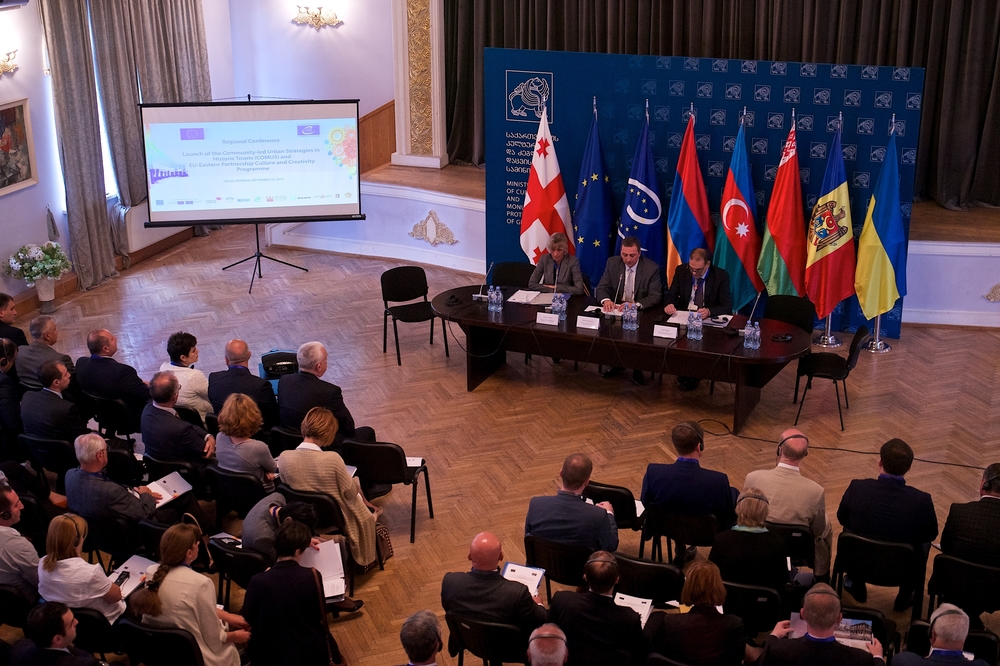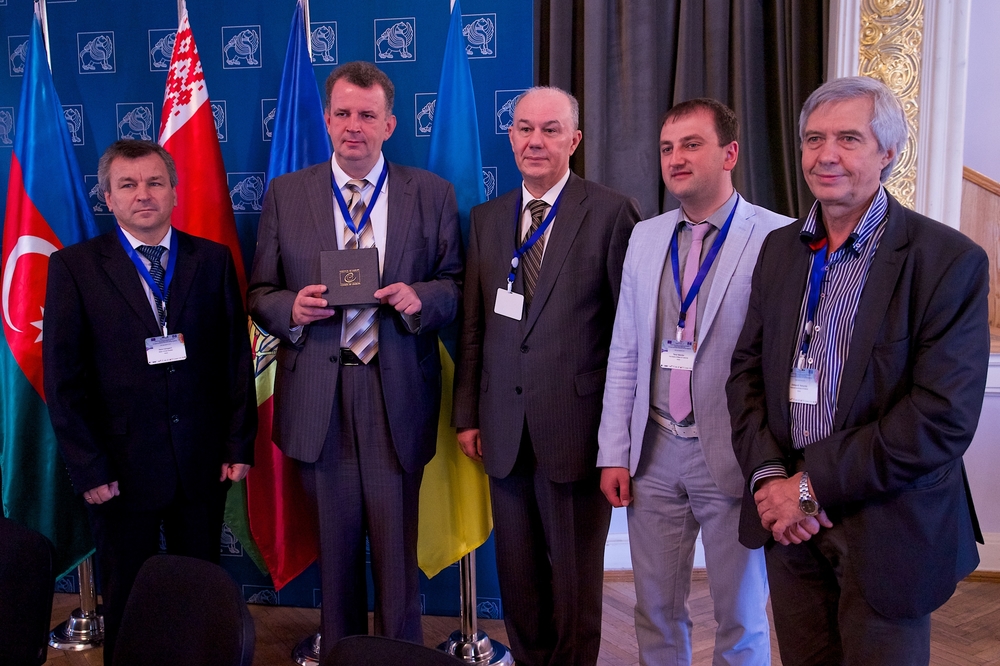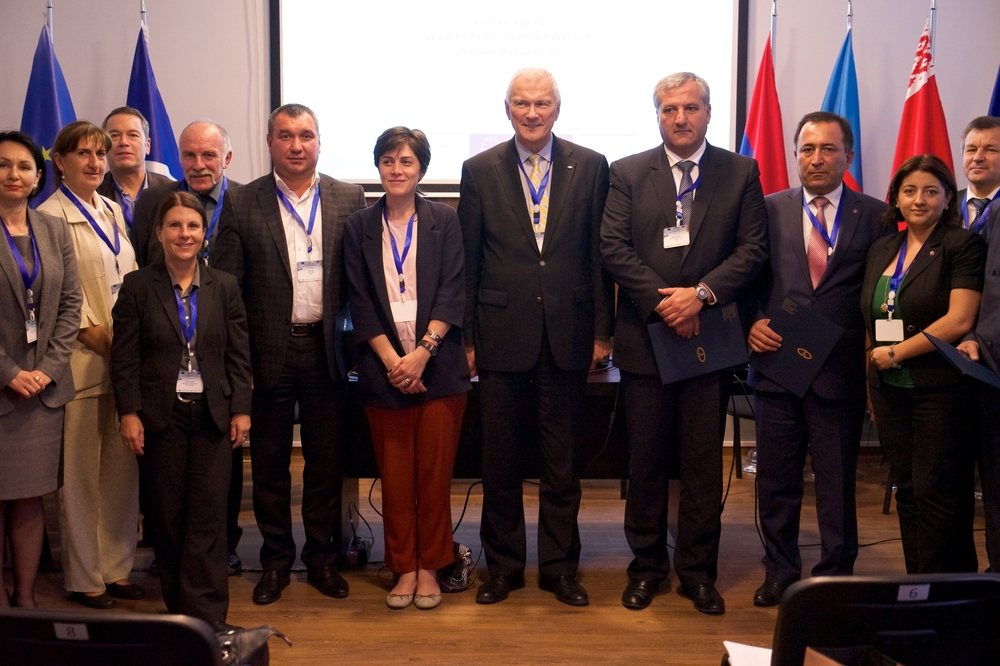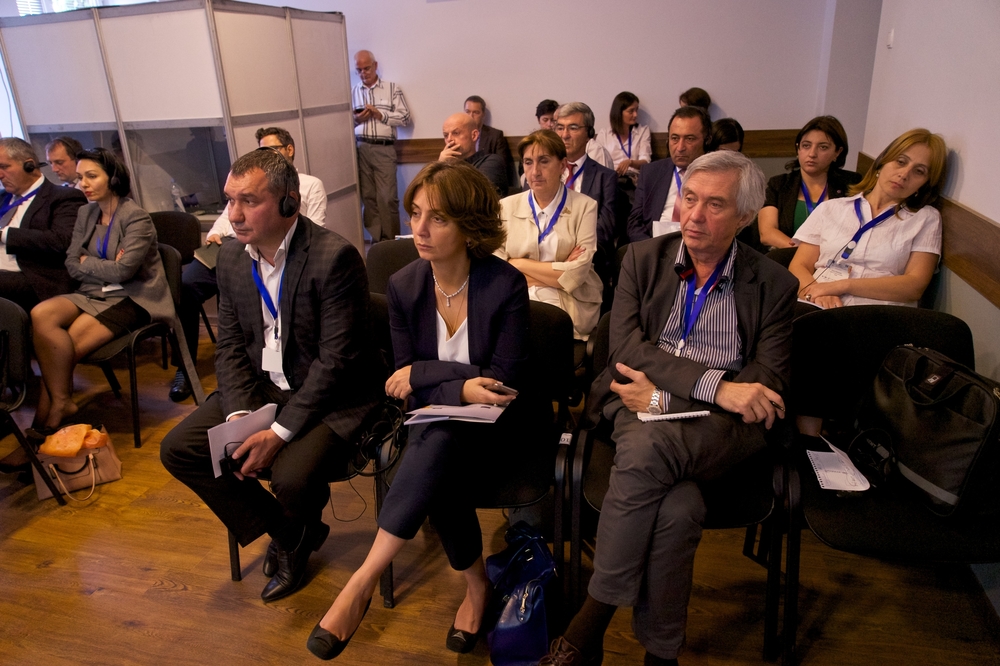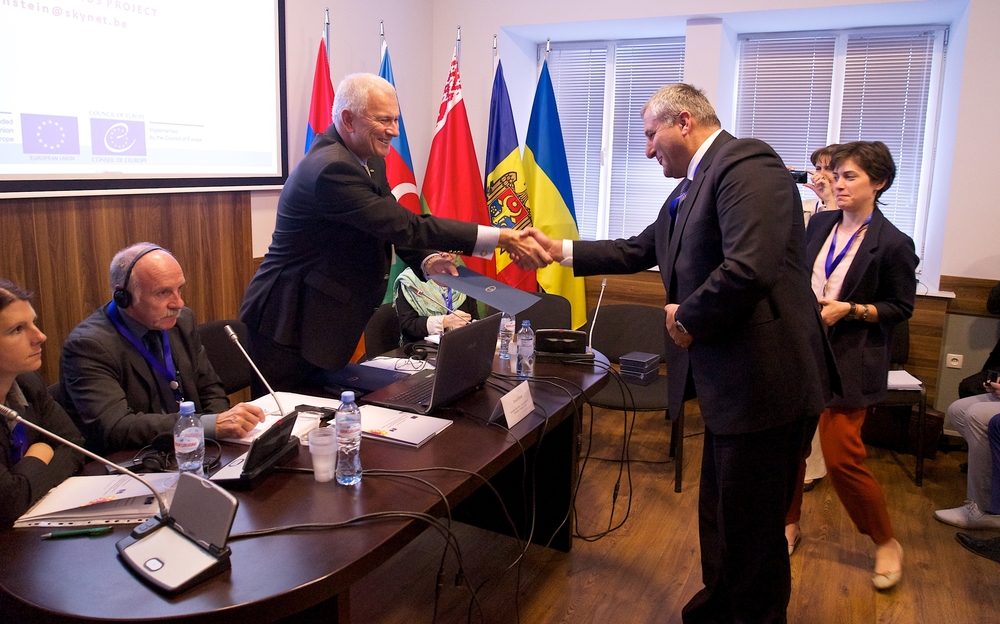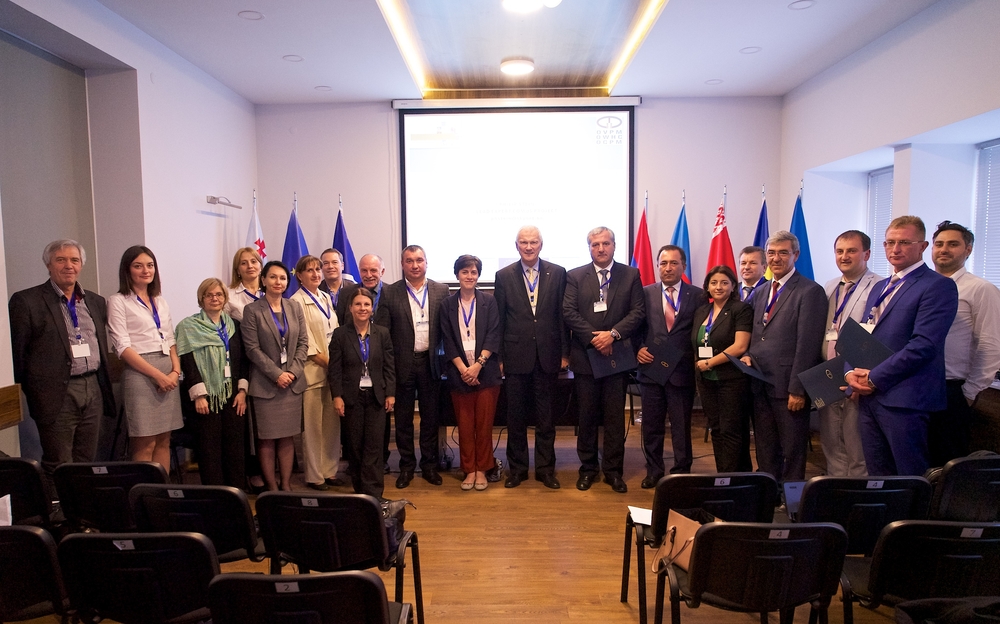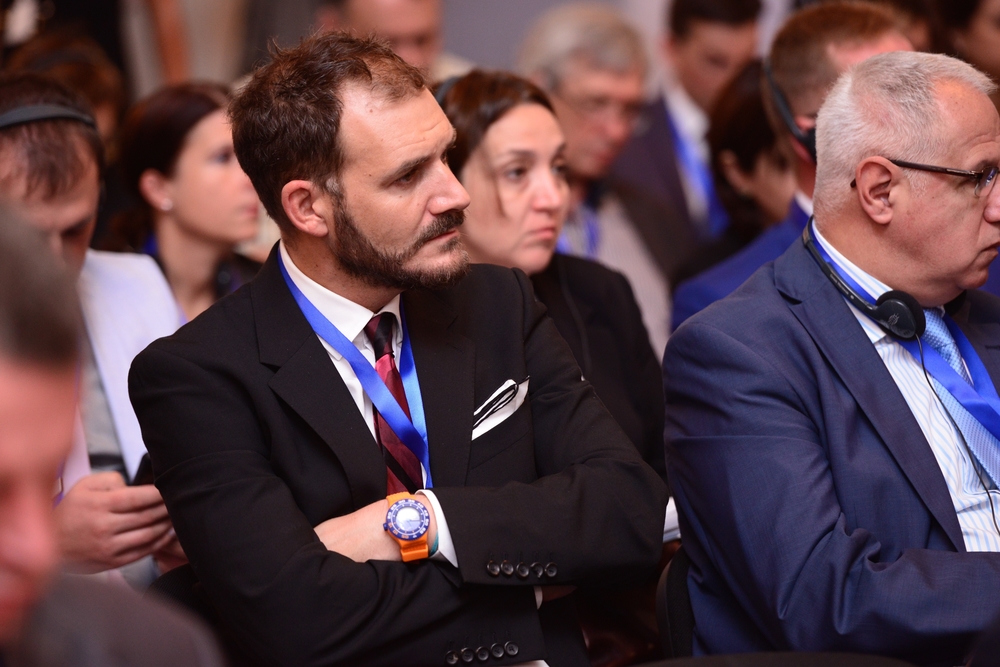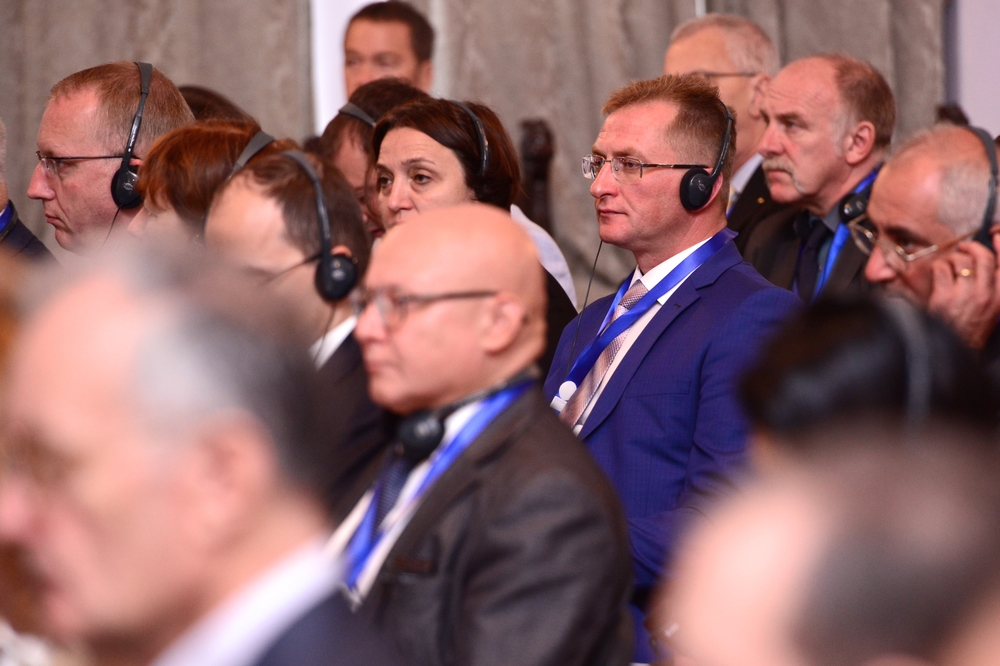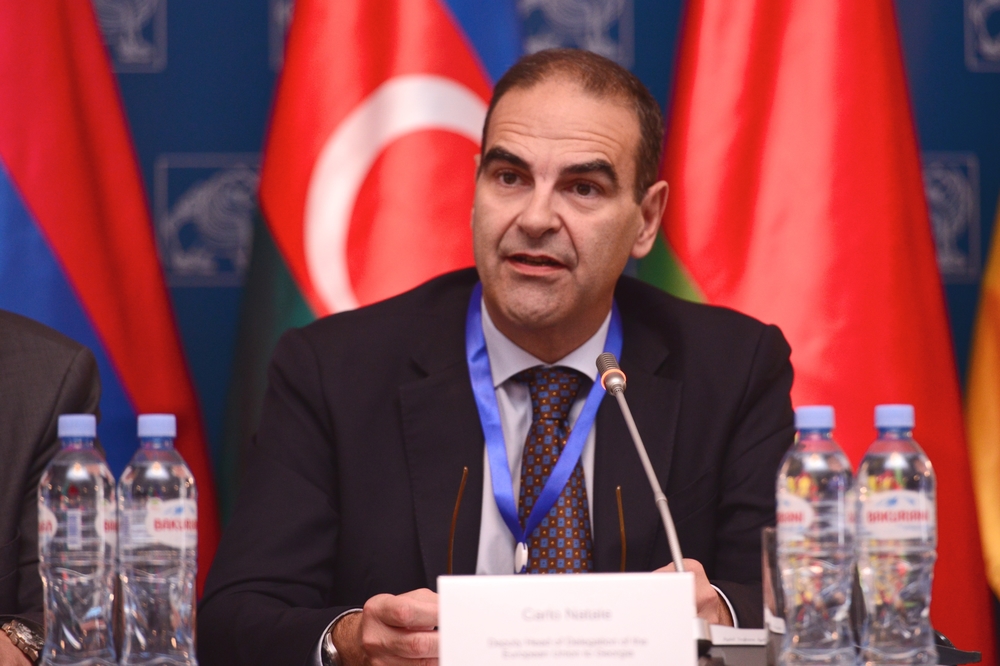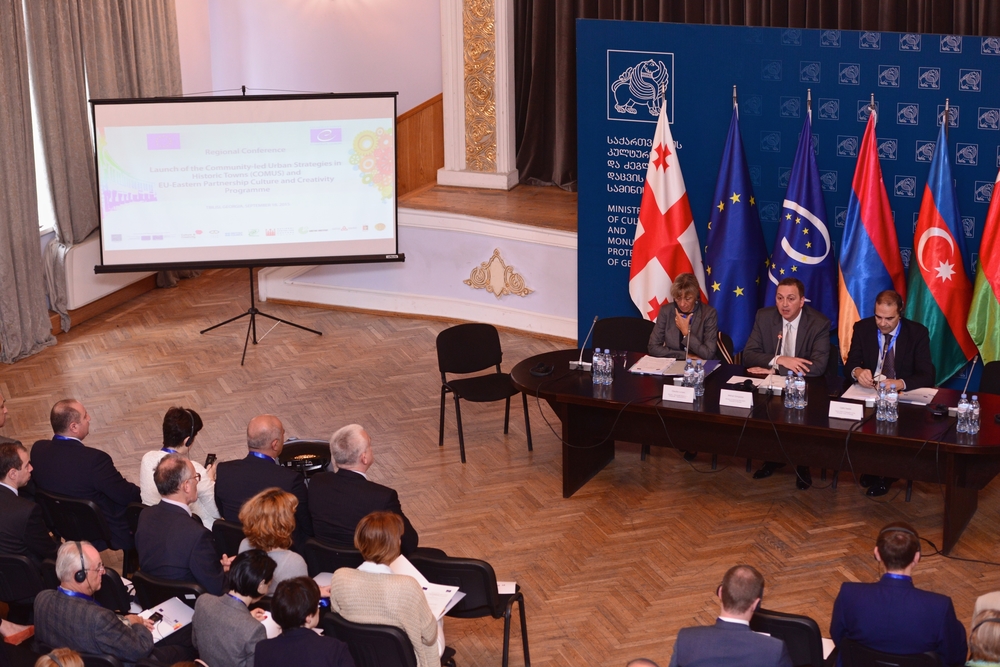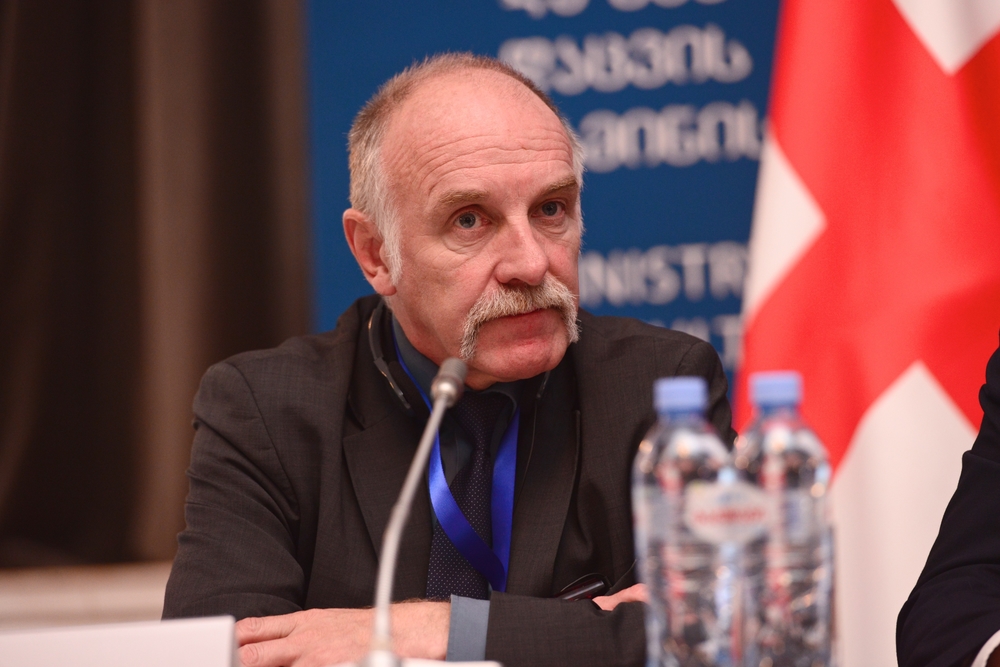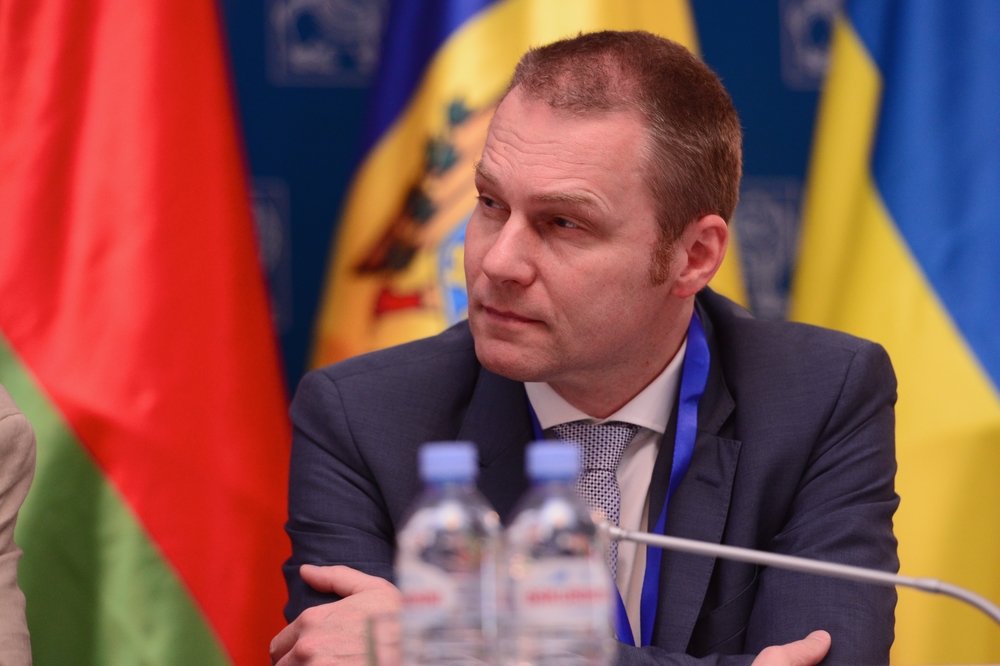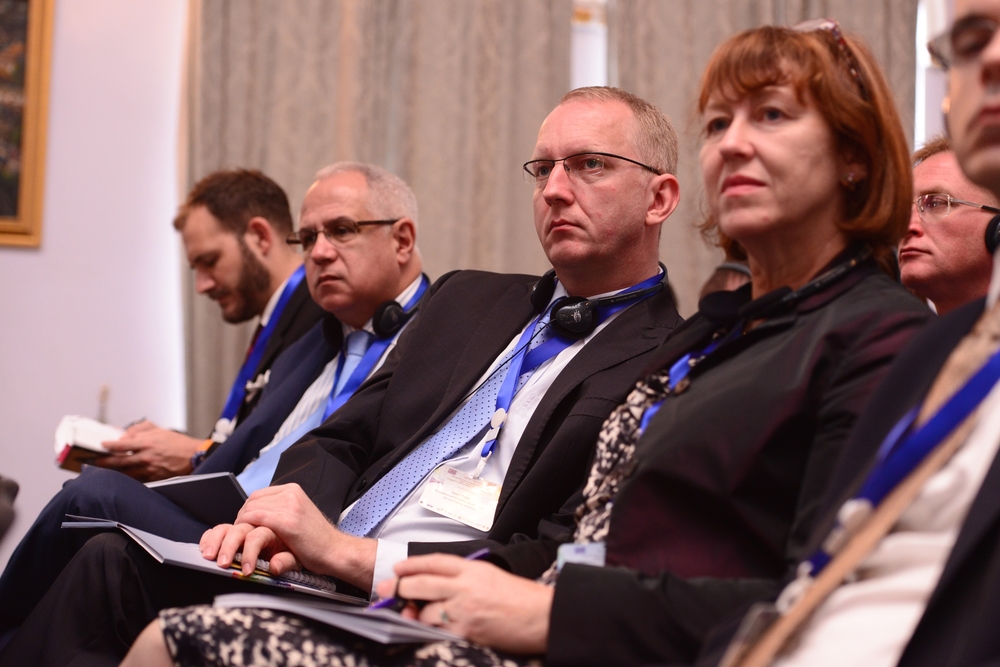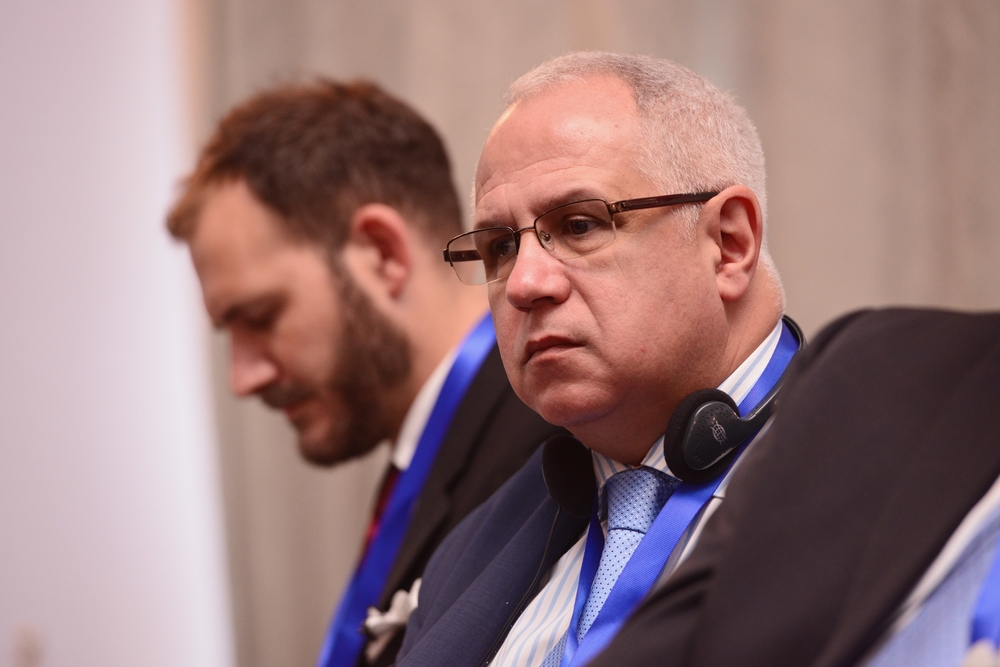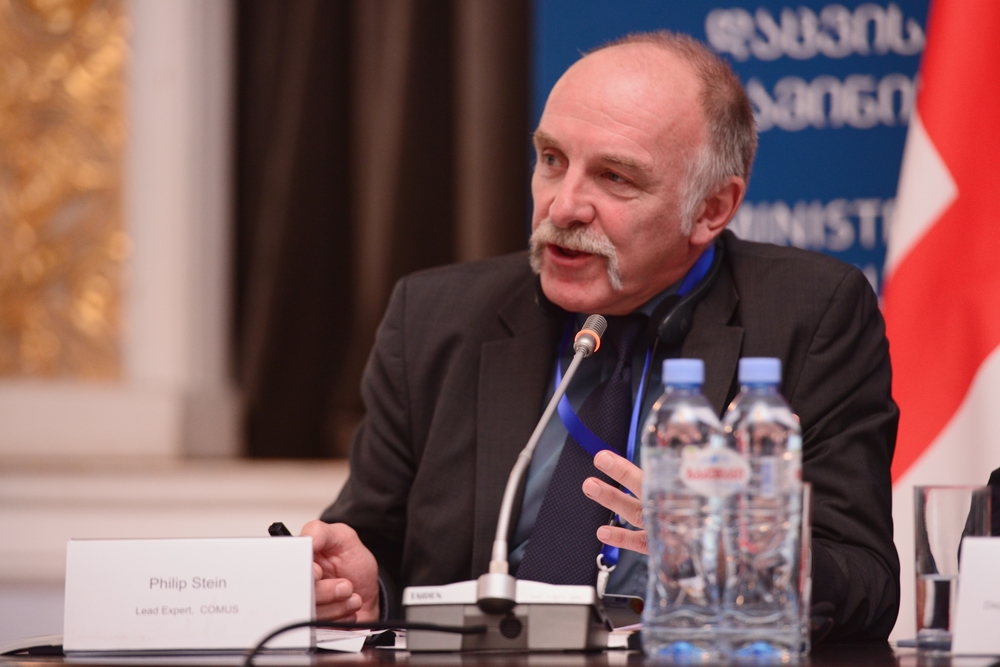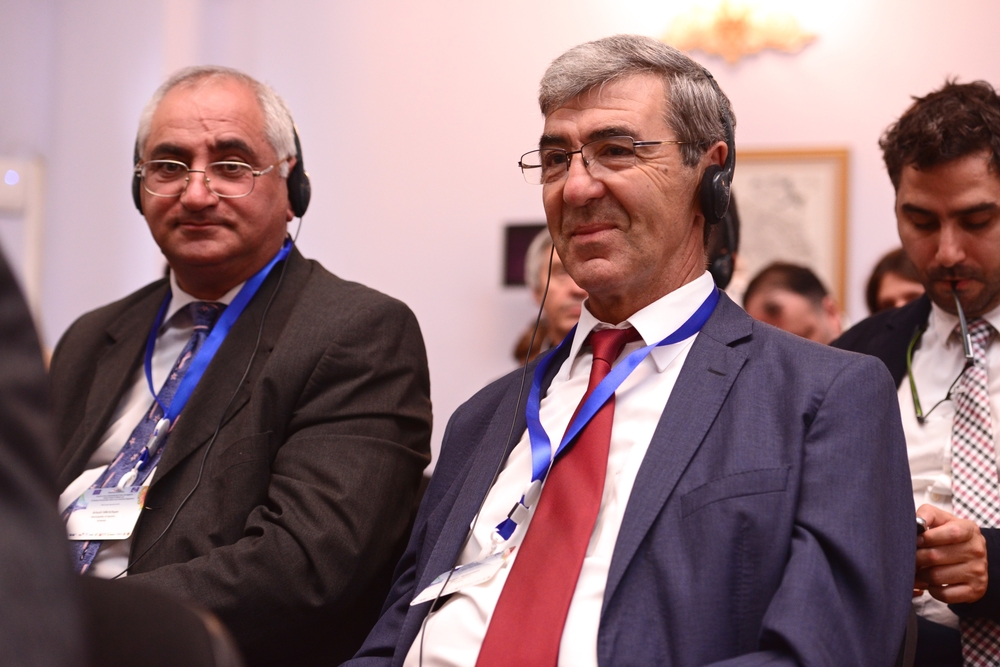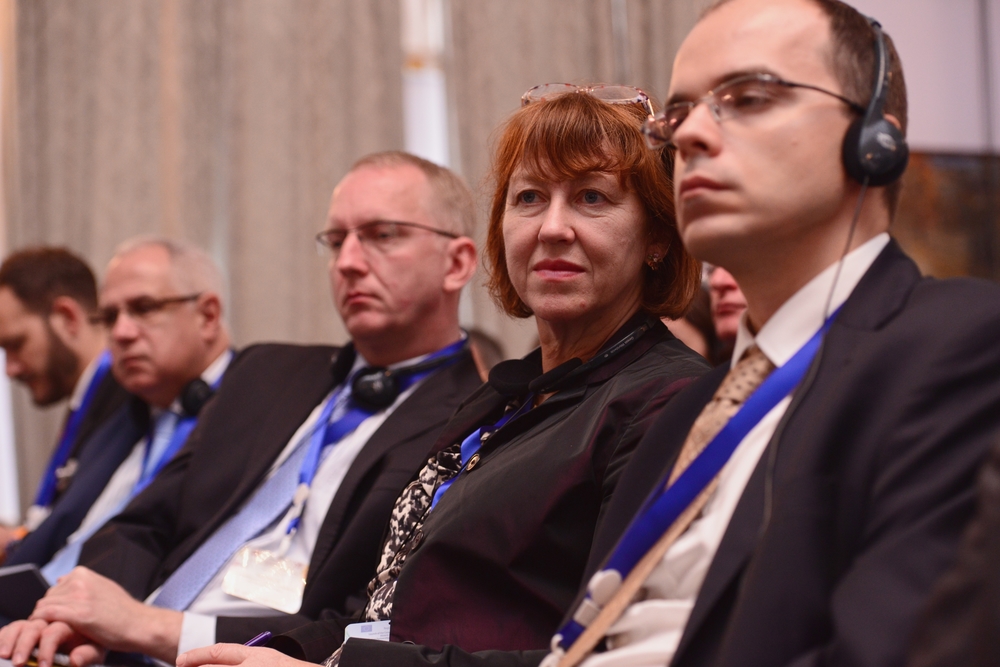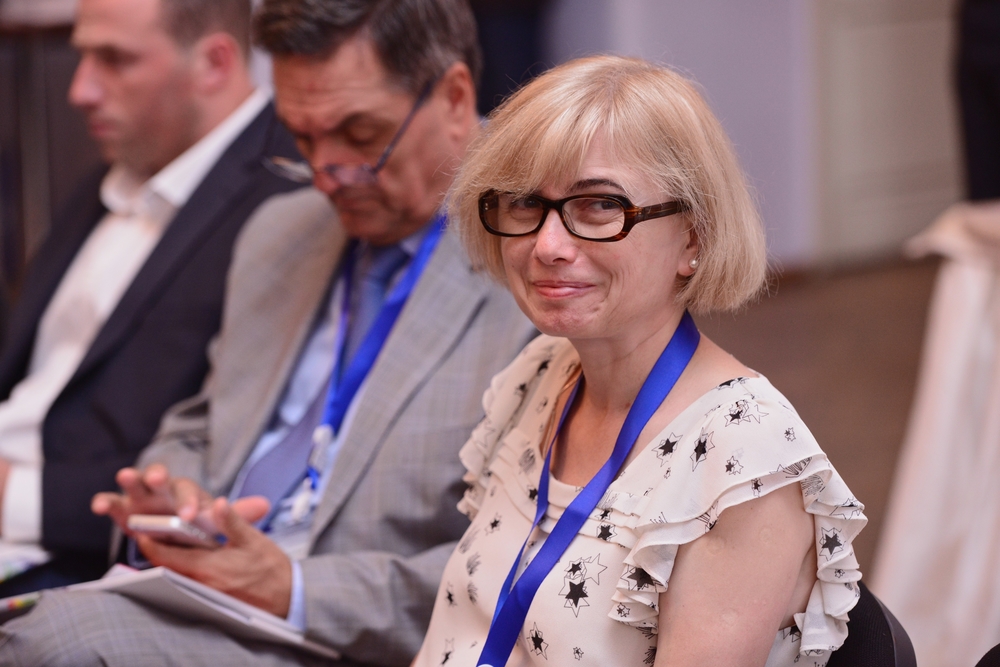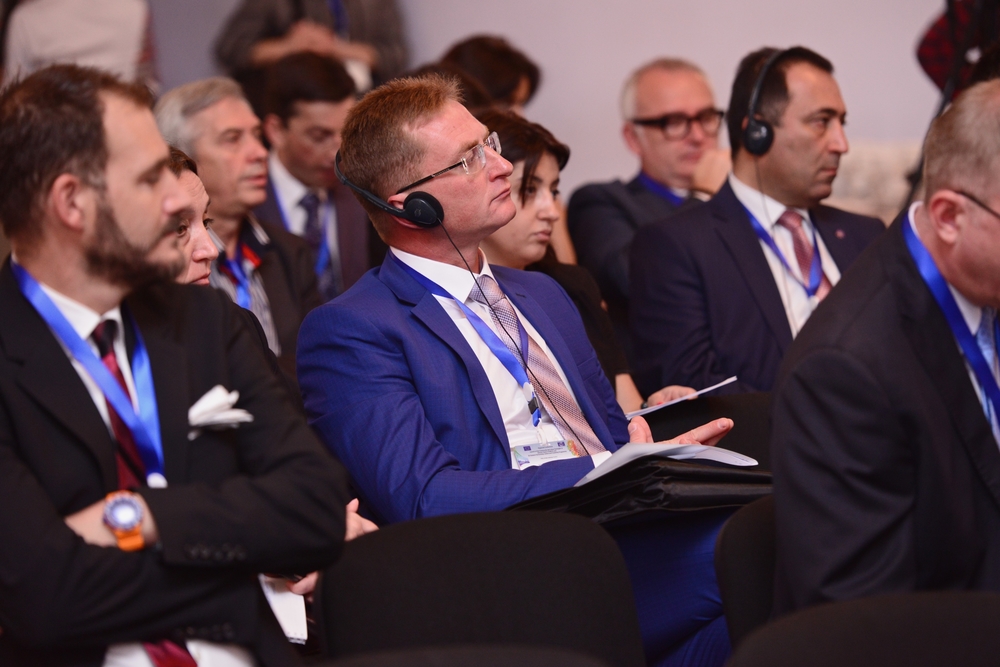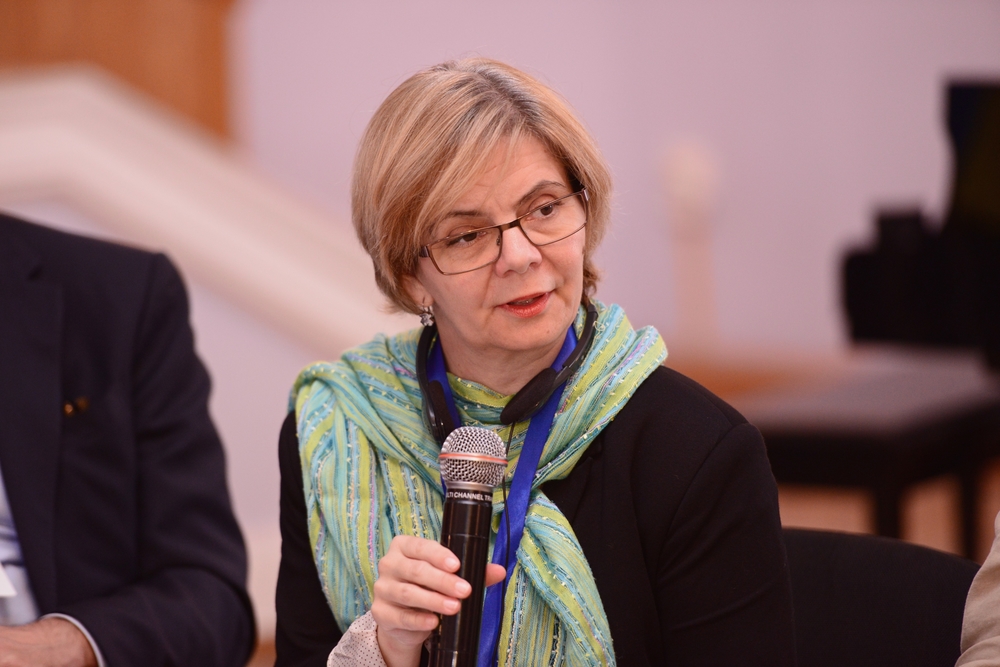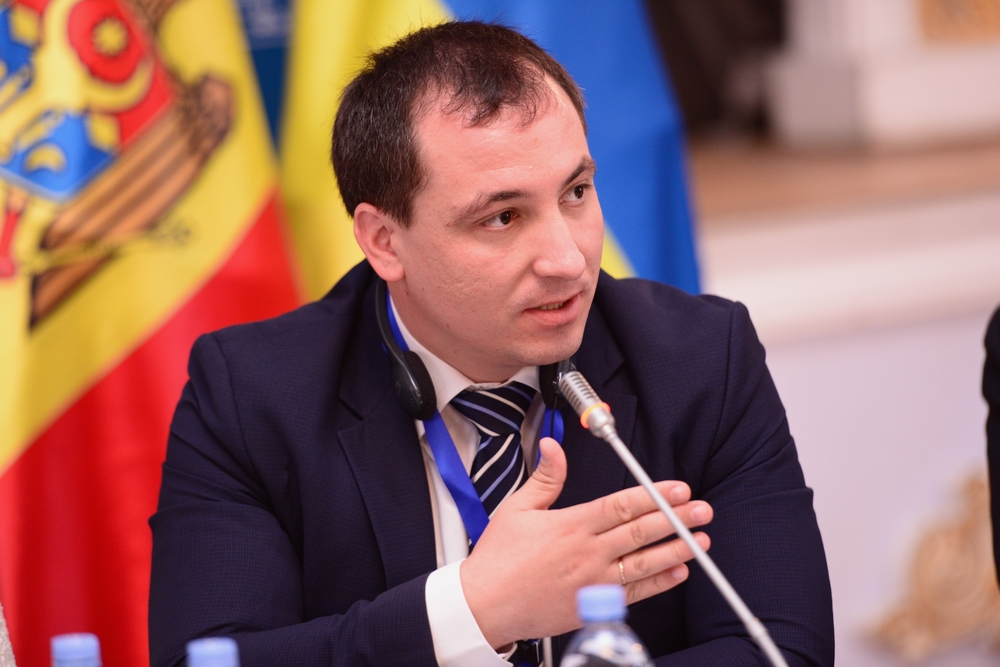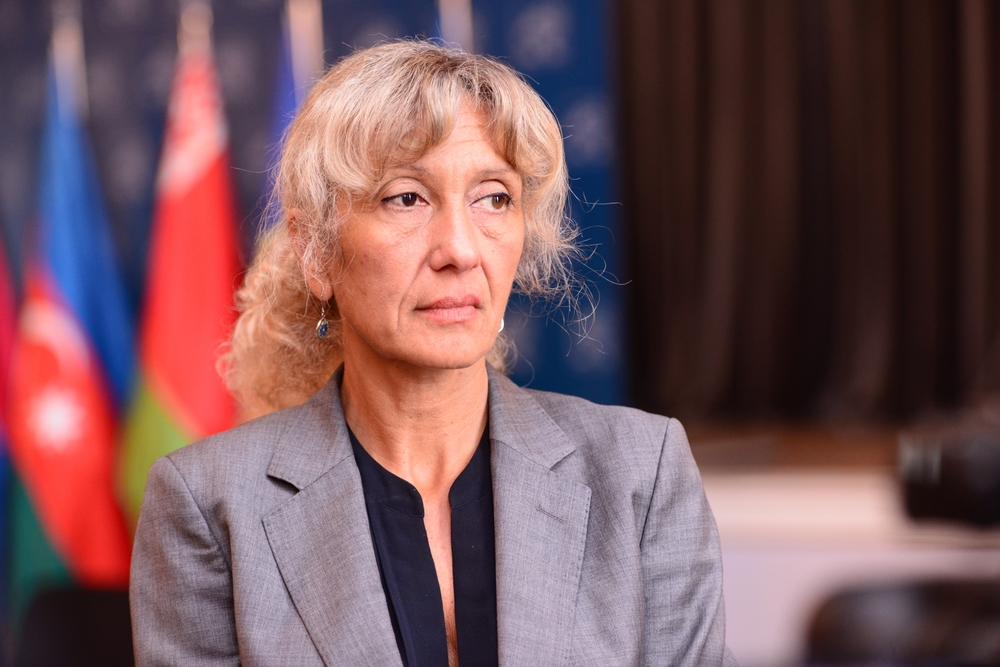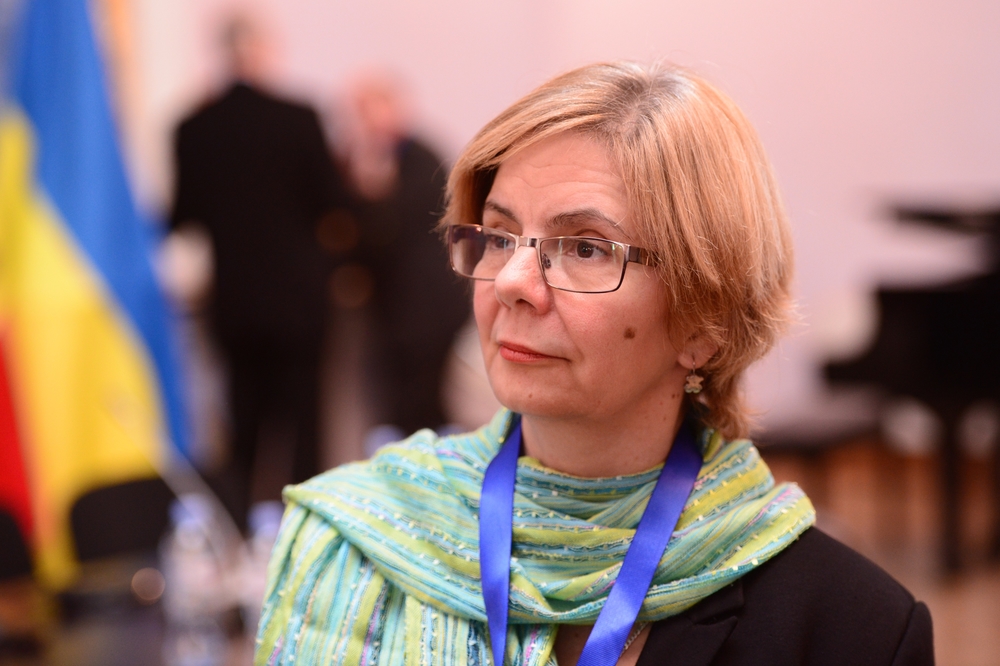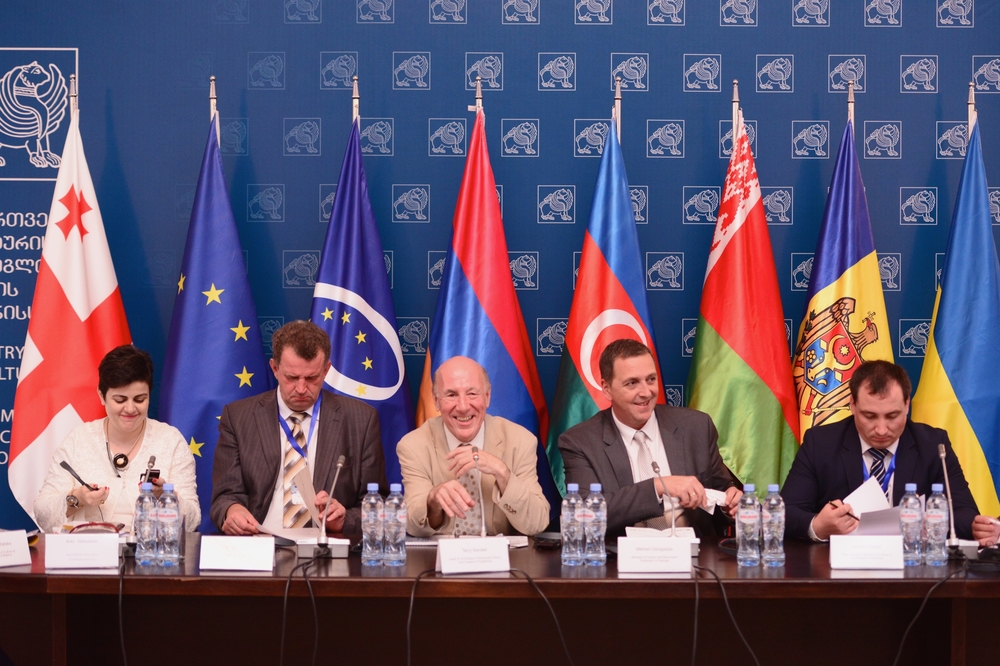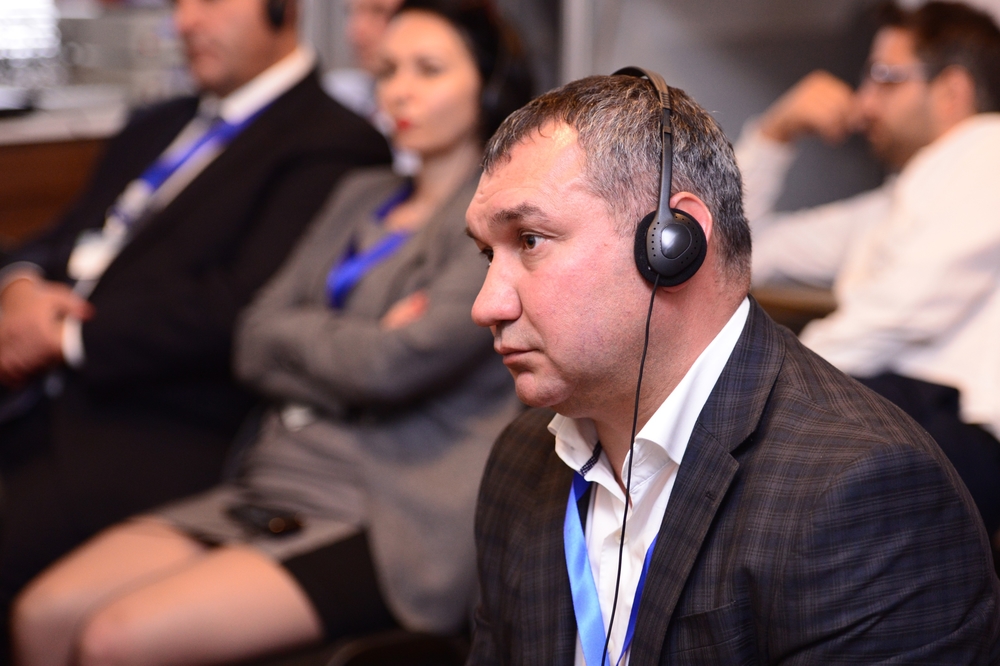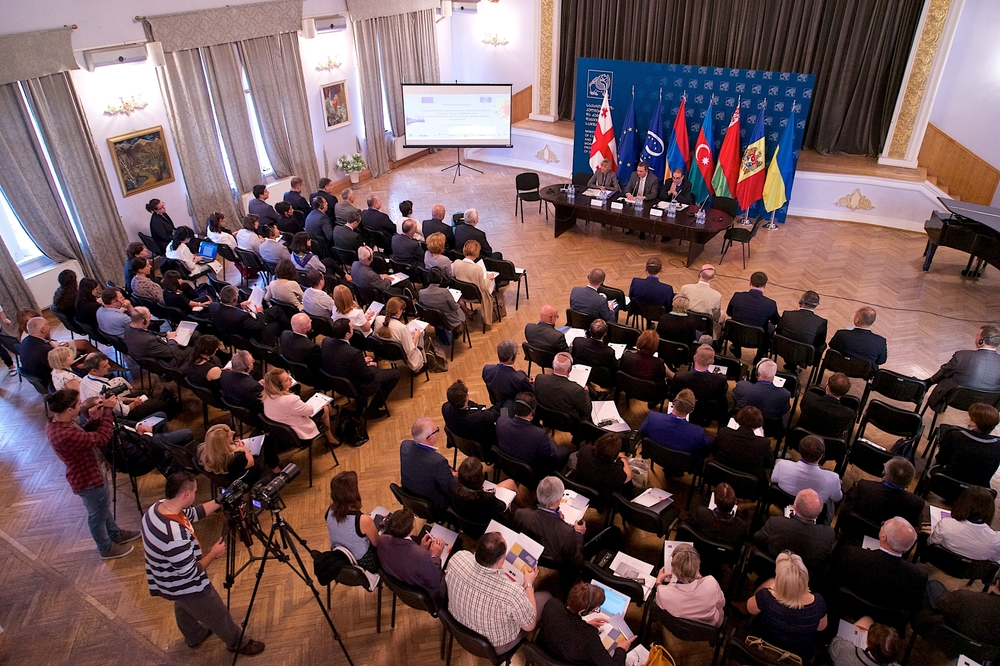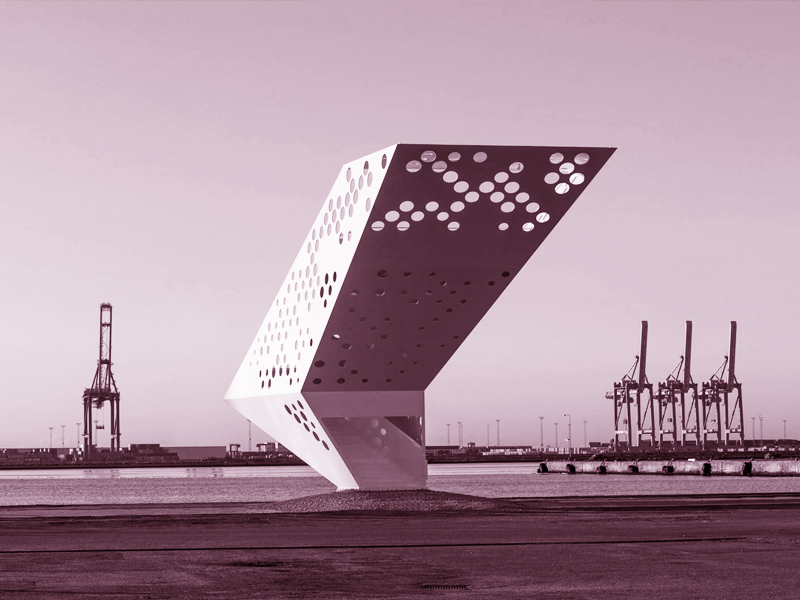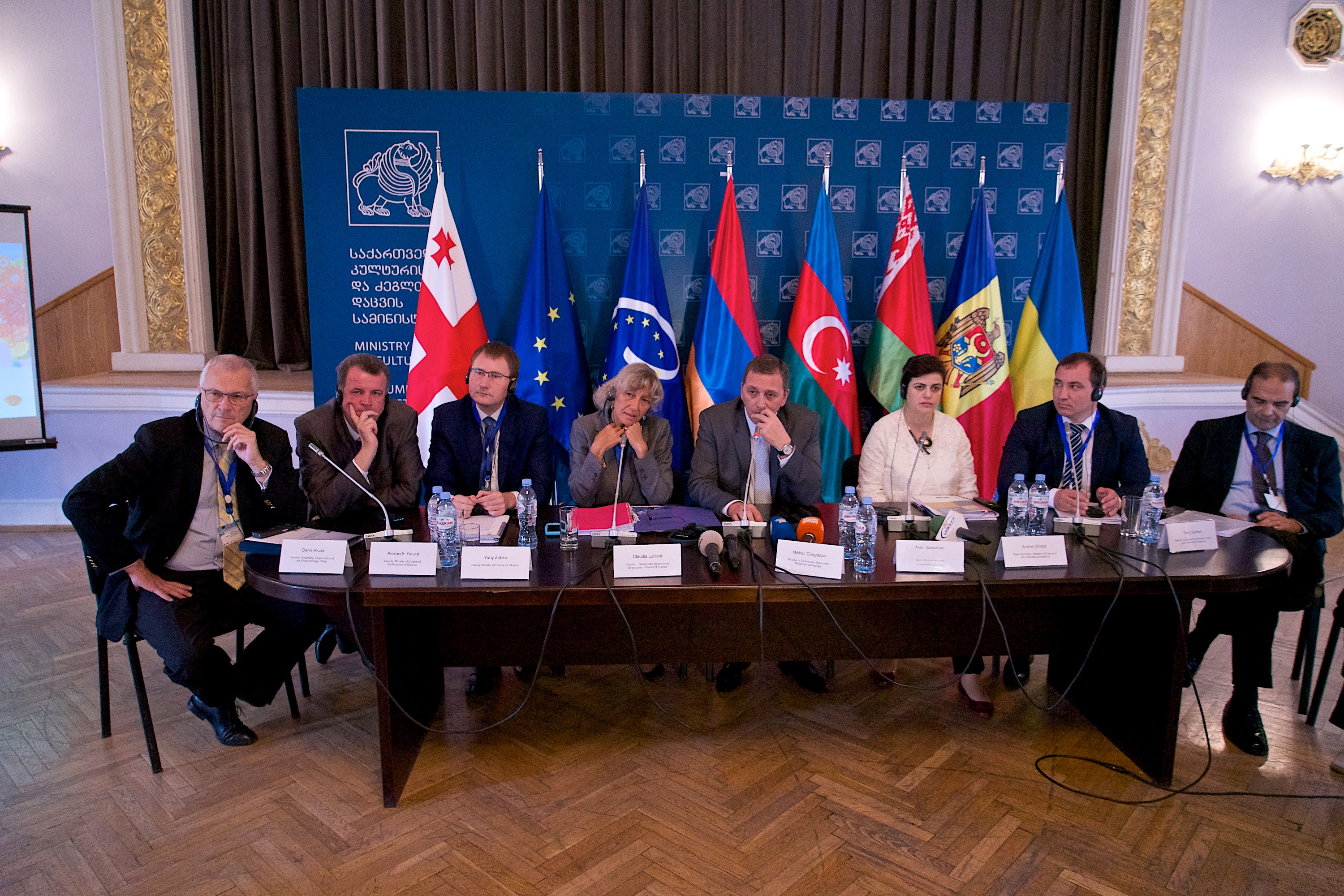
Regional Conference Launch of the Community-led Urban Strategies in Historic Towns (COMUS) and EU-Eastern Partnership Culture and Creativity Programme
EU calls for greater co-operation between the cultural and creative sectors in the EaP countries and the EU member states
18 September, Tbilisi - The representatives of the Ministries of Culture of the six Eastern Partnership countries, European Commission and Council of Europe officials welcomed the official launching of the Eastern Partnership Culture Programme 2015-18. The Programme aims to enhance the cultural and creative sectors contribution to sustainable social and economic development.
Mr. Carlo Natale, Deputy Head of Delegation of the European Union to Georgia stated “Society’s participation coupled with a strong link with government has made it possible for culture to claim a more prominent place on the agenda. Engaging citizens and administrations at all levels is vital for the success of cultural sector development”.
Ms. Claudia Luciani, Director of Democratic Governance of the Council of Europe said “The culture of modern technology versus traditional culture should have a defining line but the aim is still to join the two. Culture needs to be put on the map”.
The Programme covers six Eastern Partnership countries (Armenia, Azerbaijan, Belarus, Georgia, Moldova and Ukraine) and includes two components: EU-Eastern Partnership Culture and Creativity Programme and Community-led Urban Strategies in Historic Towns (COMUS).
The EU-Eastern Partnership Culture and Creativity Programme will act as an important catalyst for stimulating greater co-operation between the cultural and creative sectors in the EaP countries and the EU Member States. COMUS will help 6 to 12 selected pilot towns in the region to capitalise on cultural heritage as a key feature of sustainable urban development.
The EU-EaP Culture and Creativity Programme Head Mr. Terry Sandell explained “There’s a genuine desire to increase the practical importance of culture in the region. The Programme’s priorities include the creation of mutually beneficial alliances and integration of local cultural organizations into the European cultural space including through increasing participation in European cultural networks and professional associations”.
Mr. Philip Stein, Lead Expert of COMUS project explained “Evolving EU policy framed in initiatives such as the Leipzig Charter, Europe 2020 and the Covenant of Mayors provide important motivation for COMUS project goals – to mainstream cultural heritage as a key component in the drive to achieve integrated, sustainable and participative urban development”.
Mr. Rob Van Iersel, Manager of the Creative Europe Programme of the European Commission presented ‘Creative Europe’ which aims to provide European culture and media sectors with access to new international opportunities, markets, and audiences. He advised potential applicants “Before embarking on your own project learn from others and gain experience. Use your European partners and get their advice to learn the positives and negatives”. Georgia and Moldova are already part of Creative Europe, Ukraine will join very soon.

